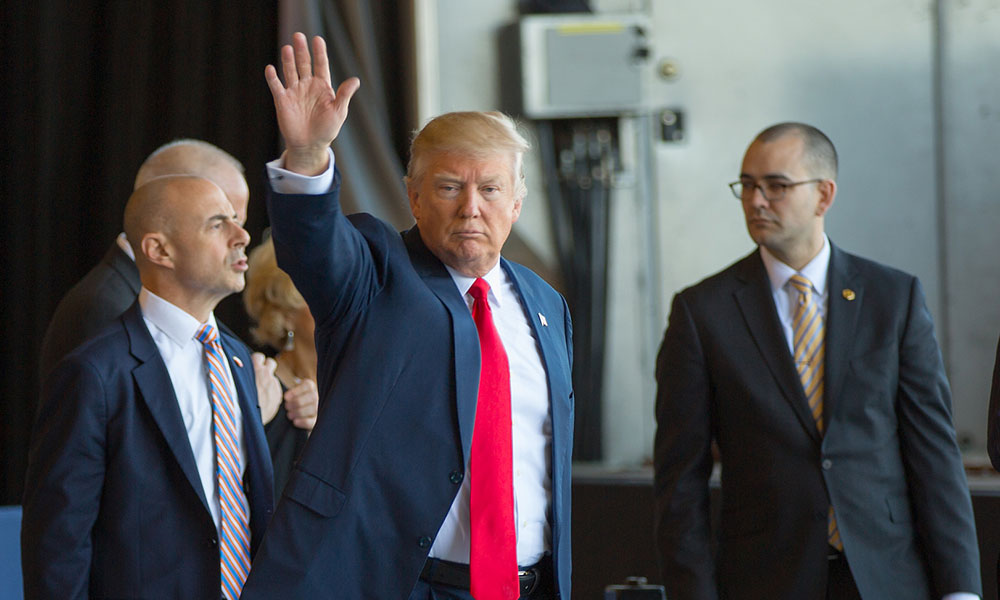
What To Do If a Speaker Cancels On You
Here’s a cheat sheet on what to do if a conference speaker bails on you at the last minute.
President Trump announced on Twitter late Saturday afternoon that he would not be attending the White House Correspondents’ Association Dinner on April 29.
Although WHCA President Jeff Mason announced that the dinner will go on, except for a few instances, U.S. Presidents have played key roles in the annual dinner since Calvin Coolidge started the tradition in 1924.
While most associations aren’t expecting the leader of the free world to speak at their event, they do aim to find compelling speakers and keynoters to headline their conferences. And, although uncommon, sometimes these individuals have to pull out at the last minute, due to anything from a personal emergency to a flight delay.
Vicki Johnson, principal at Vicki Johnson & Associates, a group that plans meetings, conferences, and events for corporations, associations, and nonprofits, shares some tips on what to do when you have a last-minute conference speaker shortage:
Remember that words matter. Even before a speaker bails on a conference, meeting planners can hedge their bets by using some careful wording. “The very best thing to always do, in all of your materials, is to say that they are an ‘invited guest’ or ‘invited speaker’ because that way, it should be crystal clear that they’ve been invited, but it’s subject to possibly changing,” Johnson said.
Consider your understudies. “You now have already paid for that speaker, so to pay for a runner-up, so to speak, is not always a financially viable option for an association,” Johnson said. “Speakers can be so incredibly expensive to begin with that the last thing you want to do is pay for two.” Choosing a volunteer speaker from your staff or even one of your member attendees that can “pinch hit,” said Johnson, is one way to solve the problem.
Swap speaker times. If your speaker is missing his or her slot because of a travel delay, you might think about swapping timeslots. For instance, Johnson said, “Jane can’t make it for this morning’s general session from 9 to 11 because her flight was delayed, but John—who is here already—for tomorrow morning’s general session” could perhaps switch sessions with her. “That’s the easiest and simplest solution,” she said.
Change the format. If you absolutely can’t find a replacement for the speaker, Johnson said then perhaps you need to evolve your format. She suggested hosting a roundtable discussion where you ask attendees, “What keeps you up at night?” The meetings team can then place microphones around the room and allow attendees to create their own commentary.
Keep up on the latest industry news. Associations plan their events so far in advance that they might not be covering some of their industry’s hottest topics once the conference finally does roll around. But by keeping up on the latest industry news, you’ll have some go-to topics that “you can use as tools toward some really vibrant conversation with the members” in the event that your speaker cancels.
Use your meeting app. If your speaker drops out at the last moment, you can use your app and social media to communicate the change of plans to attendees. Johnson recommends writing something like this, even if you don’t know who’s filling in yet: “Our general session speaker will not be able to attend, but we have an incredible replacement that you’re not going to want to miss.”
Donald Trump recently decided to pass on the White House Correspondents’ Association Dinner. (North Charleston/Flickr)






Comments